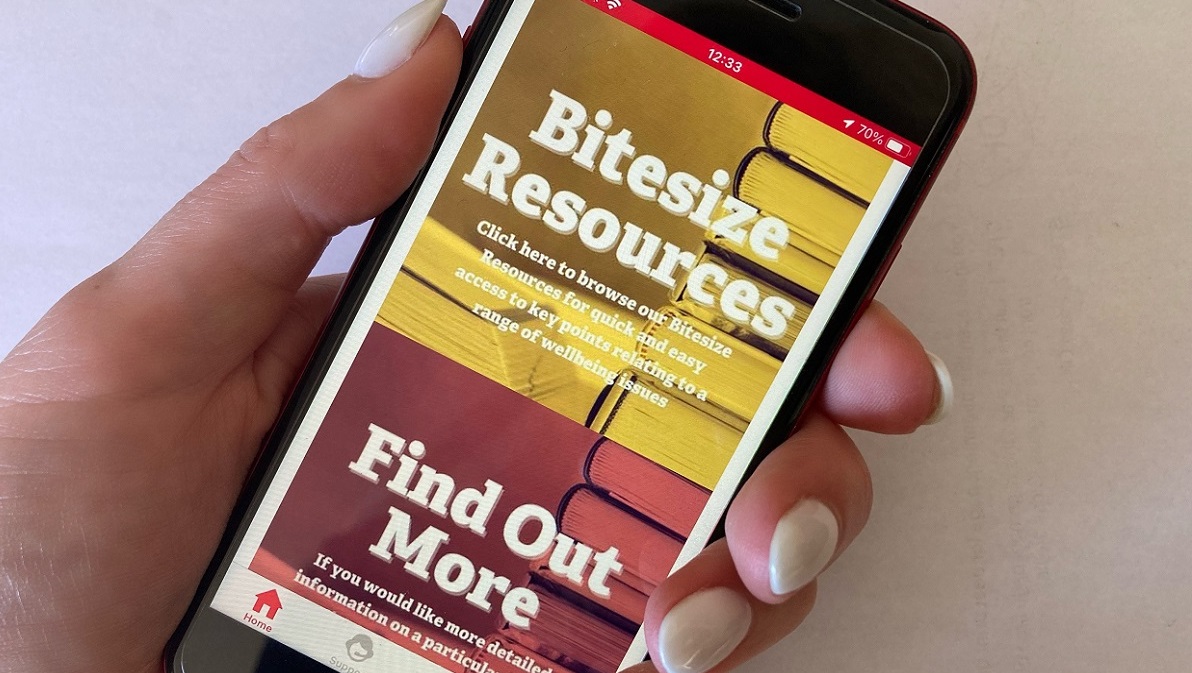The start of any new year can be a difficult time for many of us, with feelings of exhaustion after the countdown to Christmas and the expectations of a new year, as well as a lack of daylight, colder weather and a return to work or study.
On top of this, those post-festive shopping money worries can leave us feeling overwhelmed and like our emotional wellbeing has been significantly impacted.
Money worries represent a huge pressure for many households, especially in January as the bills from Christmas spending drop through letter boxes. When you consider that one in three people admit to feeling pressure to spend more than they could afford on festivities each year, it’s hardly surprising so many of us feel the purse strings tightening in January.
Starting the new year with that hanging over you brings incredible pressure, as you stare down the long wait to pay day (especially if you were paid earlier in December). Some people may even be now experiencing hardship or longer-term debt issues.
Make your money go further
Here are my five top tips you can take to make your money go further as you wait for pay day.
- Budget: Planning a budget and – most importantly – sticking to it is one of the best things you can do to support your finances. Consider any areas where you could cut back or make cheaper alternatives.
- Meal planning: Deciding what you’re going to eat each meal, checking the cupboards for what you’ll need to buy, writing a list and then only buying what’s on that list is a great method for helping your money go further. Shopping around in different supermarkets could also help keep costs down.
- Resist offers: Just because something appears to be a bargain doesn’t mean it’s necessarily beneficial to you to buy, especially if you weren’t planning on it. Beware of special offers or multibuy deals, as this can cause your bills to creep up as well as possibly contributing to waste.
- Avoid impulse buying: We’ve talked before about resisting the thrill of online spending, and a brilliant way to combat making impulse purchases is to add something to your cart and then sleep on it. If you still want it in the morning, great, you can come back to it. But you might forget about it altogether, showing it wasn’t necessarily something you actually need.
- Put your credit card out of sight: If you don’t need to use your credit card, consider taking it out of your purse or wallet and putting it somewhere safe. This physical act of taking away the temptation to use it may be just the trick to avoid spending funds you don’t have.
If you’re worried about money
There is no shame in having money worries, and most of us will experience cause for financial concern at some point in our lives. What’s important is taking the steps to tackle these worries, rather than avoid thinking about them, which will inevitably make the situation worse and even more overwhelming.
If you feel your money worries are more serious than you’d like, there are things you can do to take back control of your finances (depending on your circumstances and how much money you owe).
Here are my top five tips for tackling financial worries.
- Get it all out on paper: Take time to list all your income and expenditures throughout the month. Look to see how you can make realistic savings, where you could afford to spend less and what is a non-negotiable bill.
- Set aside a budget with what’s left: Instead of thinking about your finances in one lump, think about what you absolutely have to spend money on each month, and then what’s left is what you can use for other spending, if you have to.
- Contact your creditors: If you’re really struggling (especially if it’s because of the impact of the pandemic) contacting your provider may open up the possibility of reducing your repayments or negotiating new payment terms.
- Research payment holidays: Lots of people are struggling at the moment, and there are steps in place to help you tackle significant money worries. Temporary arrangements may be able to made while you work out your finances.
- Face into it: When money matters start to affect your daily wellbeing, it can be tempting to bury your head in the sand and pretend it’s not happening. But not opening your post or spending money regardless will only make things worse if you continue not to deal with things. Often worrying about the task is worse than the act of doing it, so make a start and consider what steps you can take today.
We may be able to help
If money worries or debt are causing you to suffer even more with the January blues than usual, confronting the issue head on and seeking help will really help you to lift the burden.
Our team of Welfare Caseworkers are here to listen without judgement, supporting you to find the right solution for you. While we can’t pay your debts for you, we can help to put you in touch with someone who can offer you professional support, so you can find a way to navigate out of your blues.
To talk to a member of our team, contact us on 0800 389 8820 or make an enquiry online and we’ll be in touch.
Other specialist organisations
There are a number of charities and specialist organisations that can help you with money worries, many of whom offer free advice and support. So you may wish to try some of the following.
- www.payplan.com
- www.nationaldebtline.org
- www.stepchange.org
- www.citizensadvice.org.uk/debt-and-money
Try our bitesize and full online resources in our Wellbeing Hub
We have a great range of shorter bitesize and up to six-week online courses available through My Fire Fighters Charity, in our Wellbeing Hub, with topics on managing stress to debt management, gambling, learning to change and more.
Just log in to My Fire Fighters Charity and head to the ‘Access Support’ tab, before clicking on our Wellbeing Hub to find them all.
First published: January 2021
Updated: January 2023


